Power Move 🔥💯👏🔥
My Boss Said Clients Prefer Men as They Are “Less Emotional” and Didn’t Promote Me, So I Gave Him a Lesson
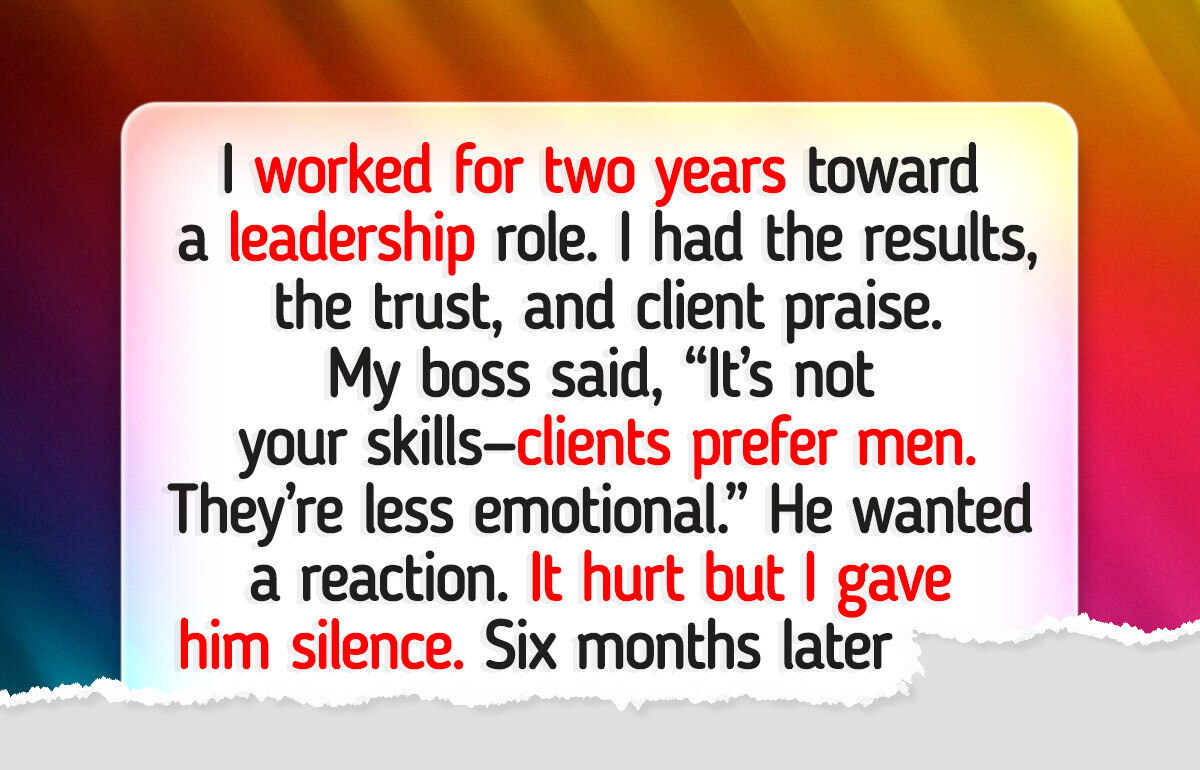
We receive dozens of stories from readers each month—real, raw experiences from people navigating work, identity, and everything in between. Some make us pause. Others make us furious. And some, like this one, make us rethink what professionalism really means—and who gets to define it.
This is one woman’s story of being denied a promotion not because she lacked the skills, but because she was labeled “too emotional” for clients.
Here is her story with her own words.

“Hi Bright Side,
I was up for a client-facing leadership role I’d been quietly working toward for two years. I had the numbers, the feedback, the wins. My team supported me. Even my clients regularly looped me in before my boss.
So when the role opened, I was confident—but cautious.
A week after the interviews, my manager called me in.
He started with the usual: ‘You’ve done great work.’
Then he sighed, leaned back, and said: ‘This isn’t about your skills. It’s about fit. Some of our clients just respond better to men—they’re calmer, less emotional. You get passionate, and I respect that, but it’s... not always client-friendly.’
I sat there, stunned. I didn’t cry. I didn’t raise my voice. I didn’t react—because I knew he was looking for a reason to make his words true.
So I nodded. Took the feedback. And quietly made a decision.
I asked for a lateral transfer to a struggling region. It was a mess—low morale, overdue projects, upset clients. I said yes anyway.
In six months, I turned it around. My region outperformed his. One of ‘his’ clients requested to be moved under my portfolio. Another sent an email with the subject line: ‘We’d like to speak with the one who actually gets things done.’
A few months later, he left the company.
I didn’t even apply for his job.
I was offered it.”
Thank you for sharing with us!
Why women in leadership still face a no-win situation—even in 2025.

A recent Maltese study looked into something many women already know: being a female leader often feels like walking a tightrope.
Researchers asked 120 hotel employees to rate managers (male and female) who showed the same strong, confident leadership traits. The results? Both were seen as capable—but the female manager was rated as less likeable.
This reflects a well-known phenomenon called the “double bind.” If a woman is warm and cooperative, she’s often seen as too soft to lead. If she’s assertive and driven, she risks being called cold or difficult. Men don’t face this same judgment.
The study also showed that leadership is still tied to traditionally “male” traits like dominance and confidence—making it harder for women to even be seen as leadership material in the first place.
So, what’s the takeaway? It’s not just about skills. Women in leadership still fight subtle biases that influence how they’re judged—no matter how good they are at their jobs.
The good news? Awareness is the first step toward change. The more we understand how gender expectations hold people back, the better we can work toward a more balanced and fair future.
Women are still being labelled ’emotional’ at work.
We recently came across a LinkedIn post that hit home for a lot of us. It was written in response to a media request from Grazia, asking women to share their experiences of being told they were “too emotional” at work.
For the author, it wasn’t a surprise. It was familiar. It was personal.
A recent review of 25,000 performance evaluations across 253 companies showed that emotional feedback was only given to 11% of men. Women? Much more often. And might be coded as negative: too sensitive, not assertive enough, gets too passionate.
It’s a pattern—especially in industries like PR, where most of the workforce is female, but leadership is still male-dominated. Two-thirds of PR practitioners are women, but men still hold the majority of director and board-level roles.

This is what women in PR (and many other fields) are up against:
Complain, and you’re “difficult.”
Show initiative, and you’re “showing off.”
Set boundaries, and you’re “not committed.”
Ask for more, and you’re “greedy.”
And show emotion? Then you’re not professional.
The author has worked in Tokyo and across Europe. She’s seen the subtle and the not-so-subtle versions of workplace bias. And though some progress is being made, she admits the data tells us we’re far from done.
This story is a reminder that until we stop punishing women for simply being human at work, real progress will remain just out of reach.
12 Bold Illustrations That Prove Any Woman Is More Than Just a Set of Stereotypes
Comments
Related Reads
I Refuse to Sell My House for My Jobless Son-in-Law
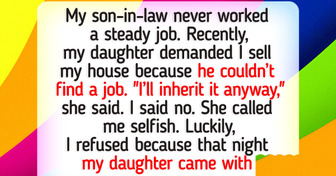
My Ex Wanted to Steal Our Daughter From Me—I Gave Her Something to Choke On
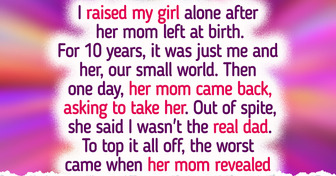
I Refused to Give Up My Baby, So My Mom Exposed a Terrible Secret
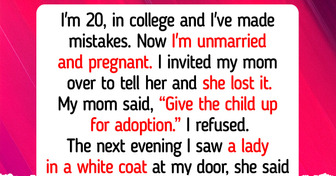
My Daughter Thought She Was Above Me, I Let Reality Prove Her Wrong
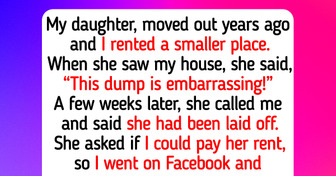
18 Seniors Whose Sharp Wit Proves Humor Only Gets Better With Age
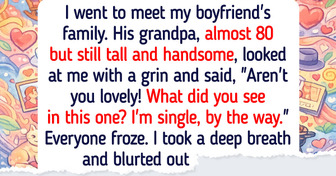
16 Moments That Remind Us to Stay Kind Even If the World Turns Ice Cold
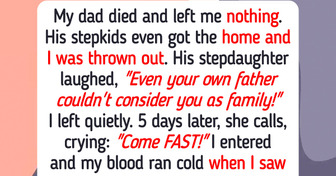
16 Stories That Prove Kindness Still Wins in Our Broken World
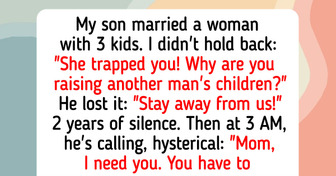
14 Times Reality Proved to Be a Better Screenwriter Than Hollywood Could Ever Be
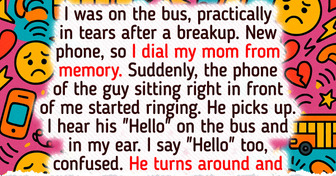
20 Stories That Remind Us to Stay Kind Even When Life Stops Playing Fair
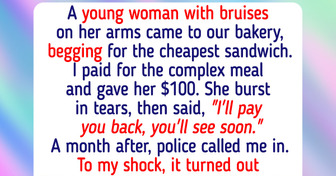
I Refused to Let My MIL Own My Family Budget, Now My Marriage Is on Thin Ice
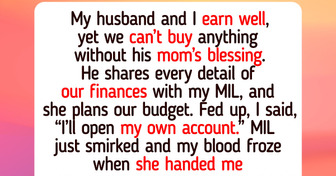
A Stranger Humiliated My Daughter at Disney World—He Picked the Wrong Mom to Mess With

10 Moments Where Kindness Didn’t Argue—It Acted
